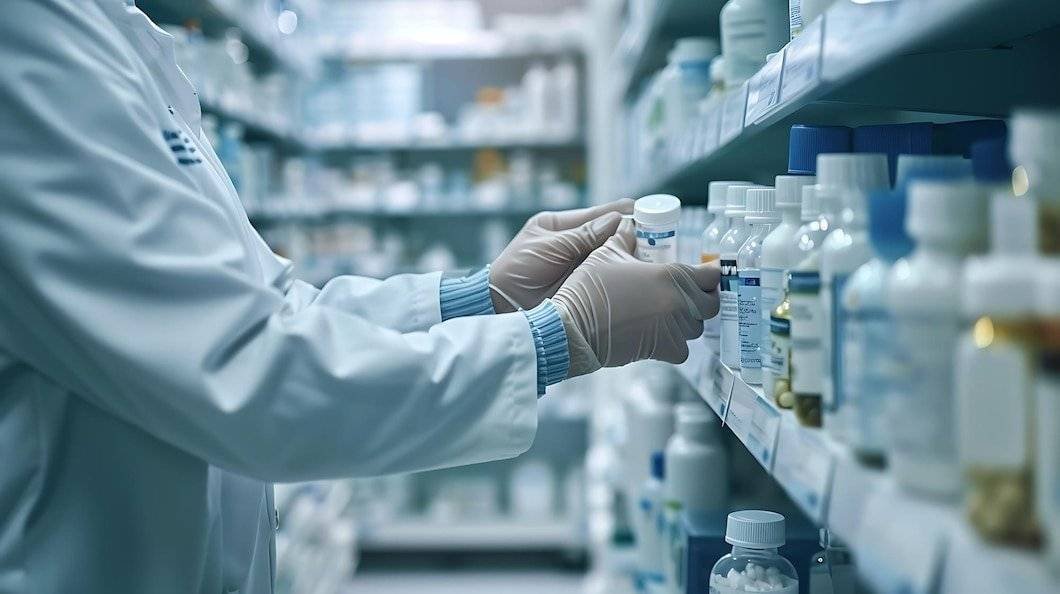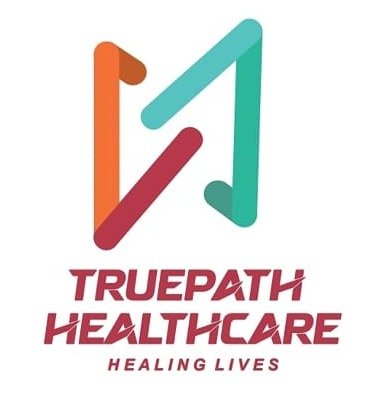
Regulatory Challenges in Pharma Manufacturing & How to Overcome Them
The pharmaceutical industry works under some of the strictest regulations in the world to maintain safety and quality standards. Much to abide by for the pharma manufacturing companies is national or international regulations placed on them to avoid legal and business hurdles. However, while these standards contribute to public health, they pose great dilemmas for the manufacturers, especially at this competitive dynamic stage.
For the Indian pharma industry, it is more about acceding to domestic policies as overseen by the Central Drugs Standard Control Organization (CDSCO) and international guidelines like WHO-GMP, US FDA, and EU-GMP. But the challenge can indeed be crossed by good strategy. The article lays a stress on particularly regulatory barriers and their alleviations from a free-flow manufacturing and international compliance perspective.
Regulatory Challenges in Pharma Manufacturing and their Solutions
Adherence to Good Manufacturing Practices (GMP)
Good Manufacturing Practices (GMP) defines the standards under which pharmaceutical products are made in a controlled and consistent environment. The result of Non-compliance would be a recall of products, lawsuits, and loss of reputation in the business. Manufacturers must follow specific requirements in respect of hygiene, staff training, documentation, and equipment validation.
The Solution:
Conduct intensive quality control throughout manufacturing. Hold regular staff training to alert them to the GM standards. Use automated systems for monitoring deviations in real-time. Conduct an internal audit and risk assessment to be forearmed about compliance-related issues. By engaging GMP guidelines in all activities daily, disruption can be avoided and the best quality and safety possible achieved.
Drug Approval Process Managing Complications
To get the stamp of approval from regulatory authorities, new drugs have to be subjected to rigorous testing and clinical trials. Approval from CDSCO is mandatory for all pharmaceutical products in India; additionally, all products destined for the US, Europe, and other countries should conform to the respective drug approval boards of those countries. The entire duration of the approval procedure can tune into a delay in the marketing of products, leading to economic strain on the manufacturers.
The Solution:
To ensure faster approvals and avoid delays, pharma firms should:
- Complete documentation for regulatory filing precisely and in detail.
- Hold carry-out advance consultations with the regulatory authorities so that the requirements can be understood.
- Install electronic compliance tracking systems so that all norms are complied with effectively.
- Emphasis on bioequivalence and stability studies would help fast-track approvals of generic drugs.
Well-defined and proactive regulatory approach, approval ensures faster entry into the market and full compliance with international benchmarks.
Keep Updated with the Changing Global Regulations
Pharmaceutical regulations are continuously updated because of new public health concerns, new diseases, and new drug formulations. Global manufacturing concerns of the pharmaceutical industry should monitor their operations with the varying GMP policies, quality management standards, and national drug policies to be compliant.
The Solution:
There should be a dedicated resource in the regulatory affairs team for monitoring and interpreting new policies. Use regulatory intelligence software to generate alerts regarding changes in compliance in real time. Standardize manufacturing practices to align with multiple regulatory agencies, enabling smoother exports. By staying ahead of regulatory changes, pharma manufacturers can minimize compliance risks and remain competitive in the global market.
Achieving Transparency Along the Supply Chain
The pharma supply chain has vendors for raw materials, logistics providers, and third-party manufacturers. If, at any point in the supply chain, there is a failure of compliance, that failure could translate into harm to the quality or safety of the end product, as a result of which regulations may be violated.
The Solution:
Certified and compliant with international standards raw material vendors should be used.
Supply chain movements should be monitored using track and trace technology.
Regular audits of supply chain partners should be undertaken to comply with regulations.
Increased transparency in the supply chain will allow pharma manufacturing companies to neutralize threats from counterfeit medicines, contamination, and quality issues.
Environmental Compliance Management
Pharma manufacturing generates chemical waste, emissions, and hazardous byproducts that require environmental compliance in its operations. Regulatory bodies compel the manufacturer to promote pollution control, sustainable practices, and waste management measures to mitigate the environmental footprint.
The Solution:
Install plant effluent treatment to dispose of chemically contaminated waste.
Adopt green manufacturing processes that reduce carbon footprint.
Start using energy-efficient practices to lower operational costs based on meeting compliance.
Sustainability in manufacturing helps businesses comply with regulations, contributing to ecosystem conservation.
Data Integrity & Cybersecurity
With the digitization of production in pharma, regulators have a keen eye on the protection of confidential information. Any compromise of sensitive data or unauthorized entry (or interference) concerning clinical trial information will have repercussions with regulators, including fines, and will pose a threat to the reputation of their business. The regulators have swung towards strict adherence to data protection in their efforts to safeguard patient and intellectual property data.
The Solution:
- Deploy digital record-keeping systems based on authentication with a strong emphasis on 21 CFR Part 11 compliance.
- Train workers on data integrity issues to preclude accidental disclosure.
- Implement cybersecurity technology such as firewalls, encryption, and multi-factor authentication, to protect critical data.
- Data integrity and cybersecurity are essentials for pharma manufacturing companies to gain the trust of regulatory bodies and consumers, and to avoid compliance troubles.
Workforce Training and Compliance Awareness
Automated systems and digital compliance software can do only so much. Employees’ knowledge and skills finally determine regulatory compliance. Regulatory ignorance can breed non-compliance, document error, and inevitable inspection failure.
The Solution:
- Arrange periodic training for employees on any new regulatory updates.
- Make compliance with regulations the utmost importance within the culture.
- Appoint compliance officers to ensure compliance across all levels of production.
- A well-trained workforce serves to make sure that regulatory requirements are always in place, hence minimizing the risk of violations and slowdowns in production.
Conclusion
The regulatory dilemma of pharma manufacturing requires foresighted planning, constant observation of compliance, and investments in next-gen technologies. Addressing these challenges will allow pharma manufacturing companies to achieve seamless operation, faster market approvals, and compliance with international quality standards. Read more here about PCD Pharma Company: Empowering Healthcare with Quality & Innovation.
Truepath Healthcare brings the expertise to deliver quality-centric, internationally approved pharma manufacturing services seeking trustworthy and compliant solutions.



